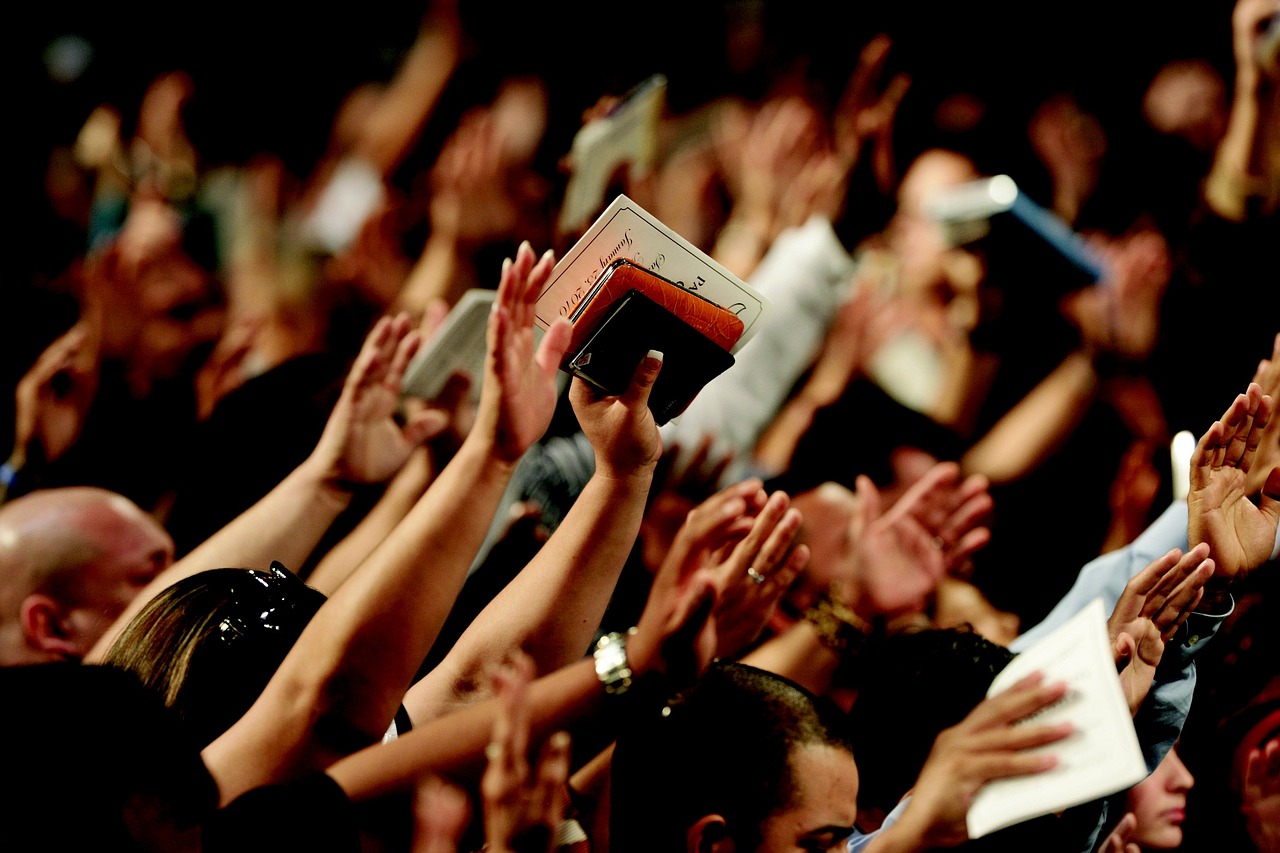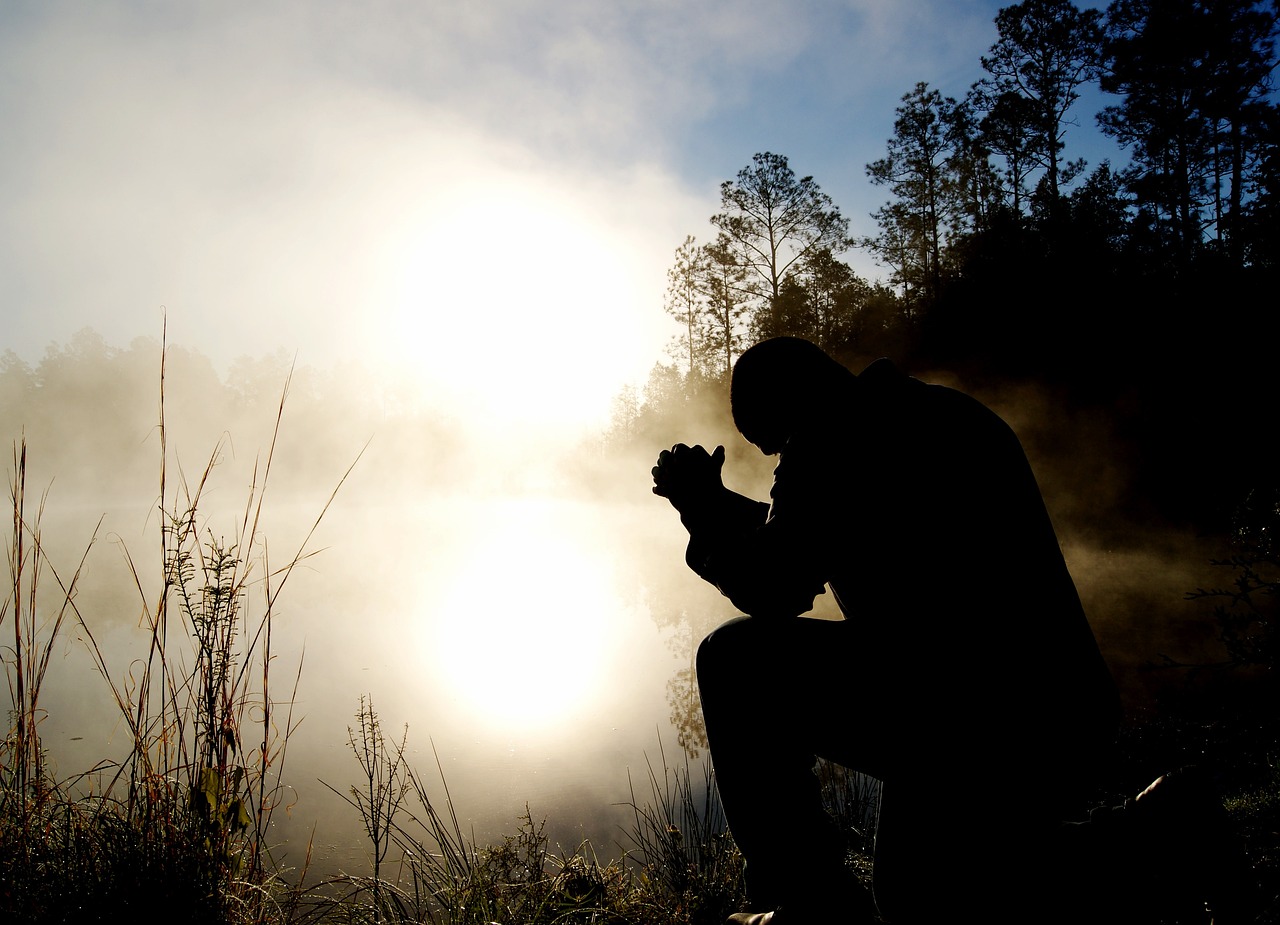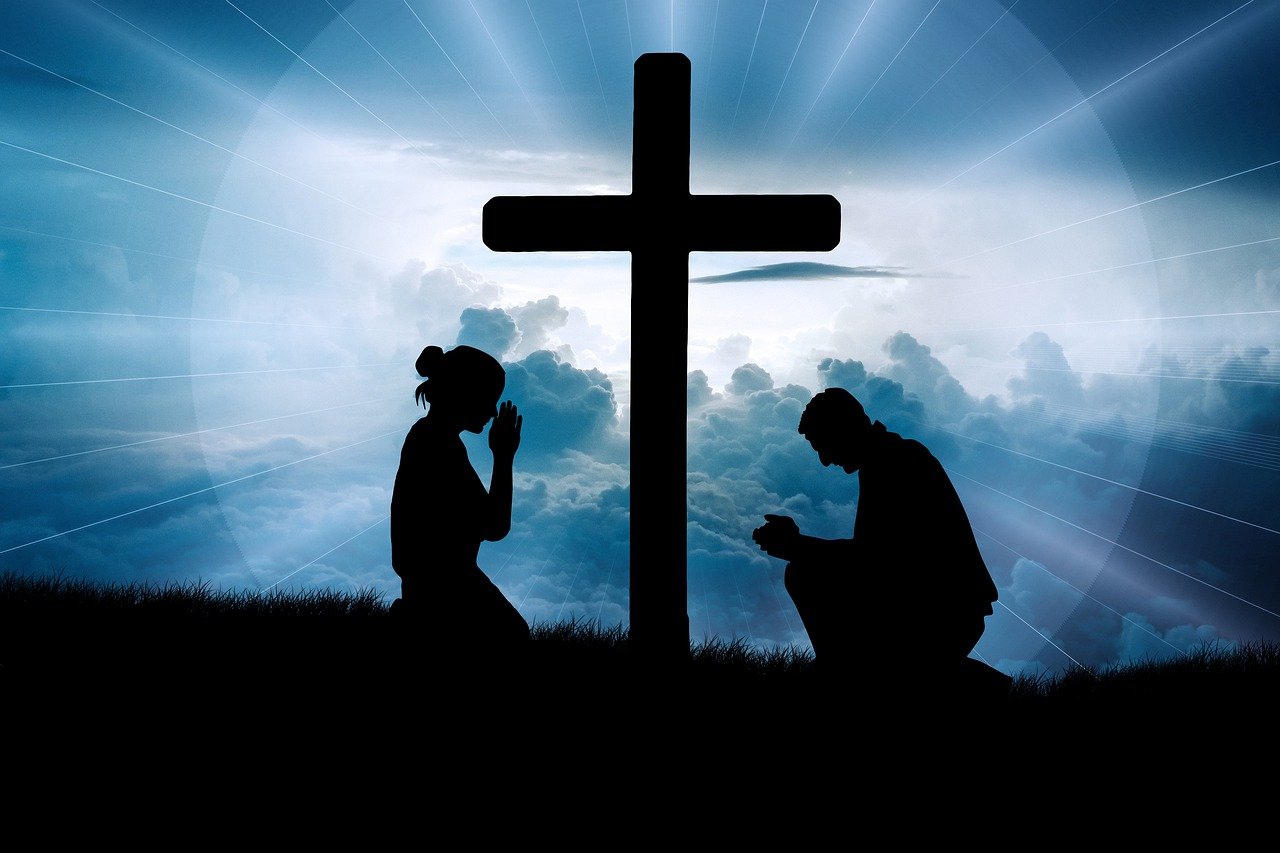Have you given any consideration to why you worship God?
What reasons would you share with others for worshiping God?
Do the reasons vary depending on whom you are sharing with? If so, why?
Or perhaps you came across this post because you have never worshiped God and are curious why others do.
The primary definition of the word worship is to honor or show reverence to a divine being or supernatural power.
Here, I am writing about the God of the ancient Israelites whom Christians also worship today.
I believe the most accurate source to learn the reasons to worship God comes from God himself in the Bible.
Today, we will explore the reasons God himself provided to the ancient Israelites for worshiping Him in Deuteronomy 11:1-20.
Continue reading “Reasons to Worship God”








